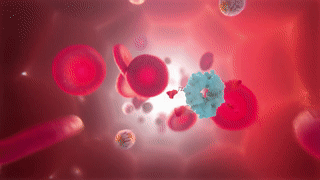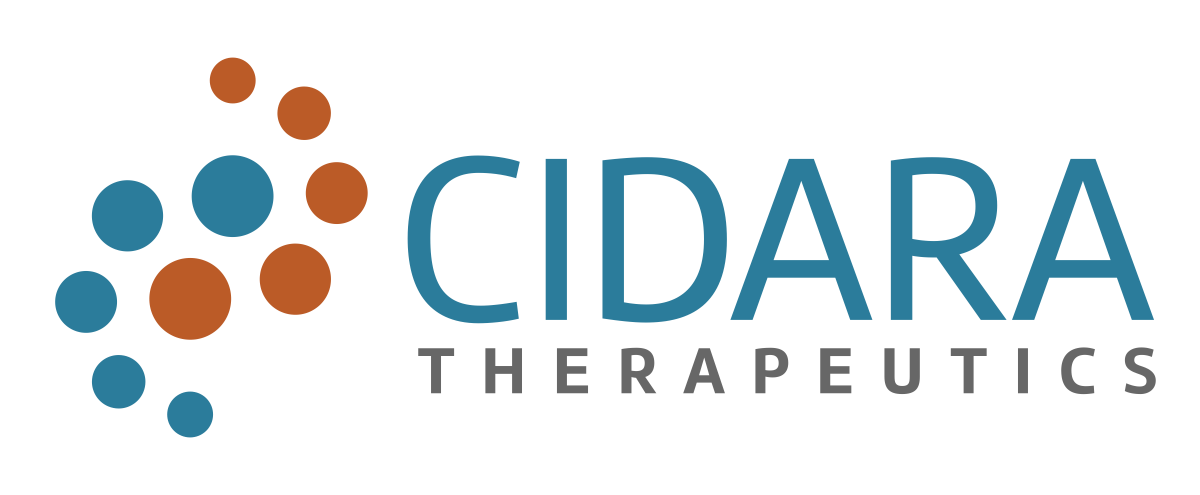Cloudbreak®
Cidara is using its proprietary Cloudbreak platform to develop drug-Fc conjugates (DFCs) that couple targeted small molecules and peptides to a human antibody fragment (Fc). These “single molecule cocktails” can be designed to inhibit specific disease targets and, when desired, to simultaneously engage the immune system.
Targeting Key Drug Resistance Pathways in Oncology
Cytotoxic and immune-based therapies have helped to transform the treatment landscape for cancer, driving long term remission in advanced disease. However, many patients are left behind and experience resistance to these therapies. Primary resistance poses an issue, with less than 50% and 15% of people showing an initial response to chemotherapy or checkpoint inhibitor therapy, respectively. For those who do respond, acquired resistance is common, with over 50% developing resistance within 6 months. In addition, chronic and often debilitating adverse events occur in up to 40% of people receiving these therapies. The high levels of resistance and toxicity make many current cancer therapies unfavorable for a large number of individuals.

A major mechanism of resistance starts in the tumor microenvironment (TME). The TME is constantly changing in response to feedback from the tumor and administered therapies. Even after the immune system has been awakened to the presence of tumor cells via standard of care therapies, the tumor can rapidly adapt and release signals to immunological cells infiltrating the tumor that rapidly suppress the immune system. There is an urgent need for multi-modal therapies that address the TME without adding toxicity for patients.
DFCs as novel treatments for cancer
Our oncology DFCs act as “single molecule cocktails,” taking a multi-modal approach to targeting oncogenic pathways. Our most advanced oncology program targets CD73, an enzyme overexpressed on the surface of tumor cells that attenuates anti-tumor immunity via the highly immunosuppressive adenosine pathway. Hypoxia, inflammation, tissue repair and oncogenic pathways flood the TME with adenosine, potently inhibiting the host immune response against the tumor. The CD73 pathway is particularly upregulated after cytotoxic tumor cell death from chemotherapy and may be a key pathway in drug resistance and metastasis formation.
Targeting CD73 may help transform the immunosuppressive TME into an environment where immune cells can fight the tumor.
Our DFCs have the potential to augment diverse chemotherapy classes as well as PD-(L)1 therapies and show great promise, particularly in combination with standard of care therapies in a number of tumor types.
Preclinical studies in models of colorectal and breast cancer demonstrate CD73 DFCs have robust anti-tumor activity.
Our CD73 targeting DFC, CBO421, received IND clearance in July 2024. Preclinical proof of concept and lead candidate identification has been completed in the CD73/PD-1 dual targeting and CCR5 DFC programs.
* Patrinely, J. R. Jr et al. Chronic immune-related adverse events following adjuvant anti-PD-1 therapy for high-risk resected melanoma. JAMA Oncol. 7, 744–748 (2021)

